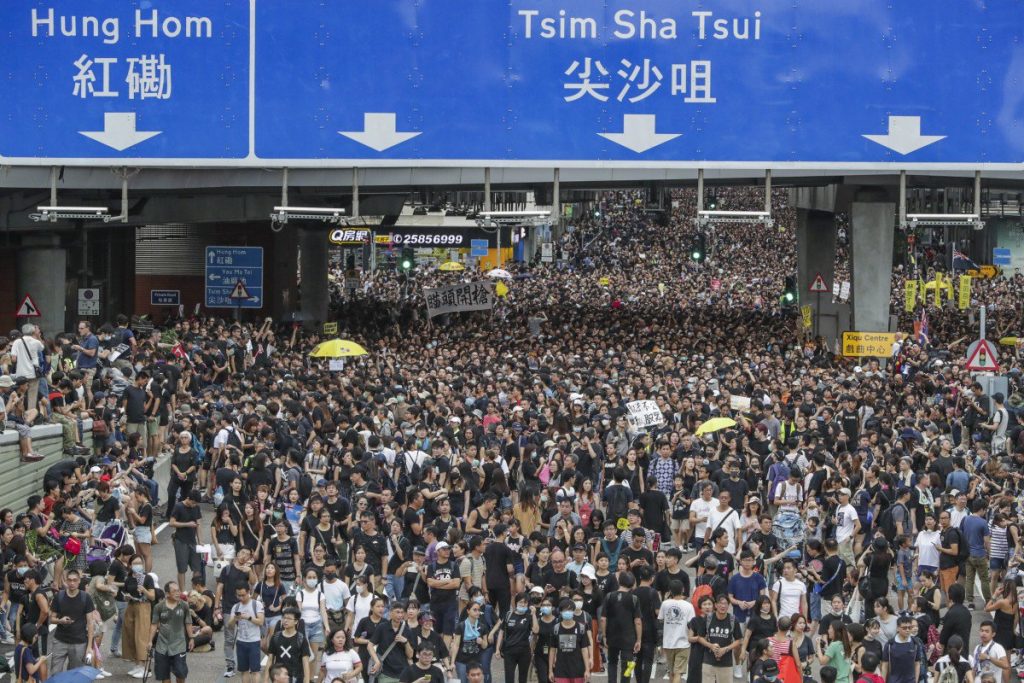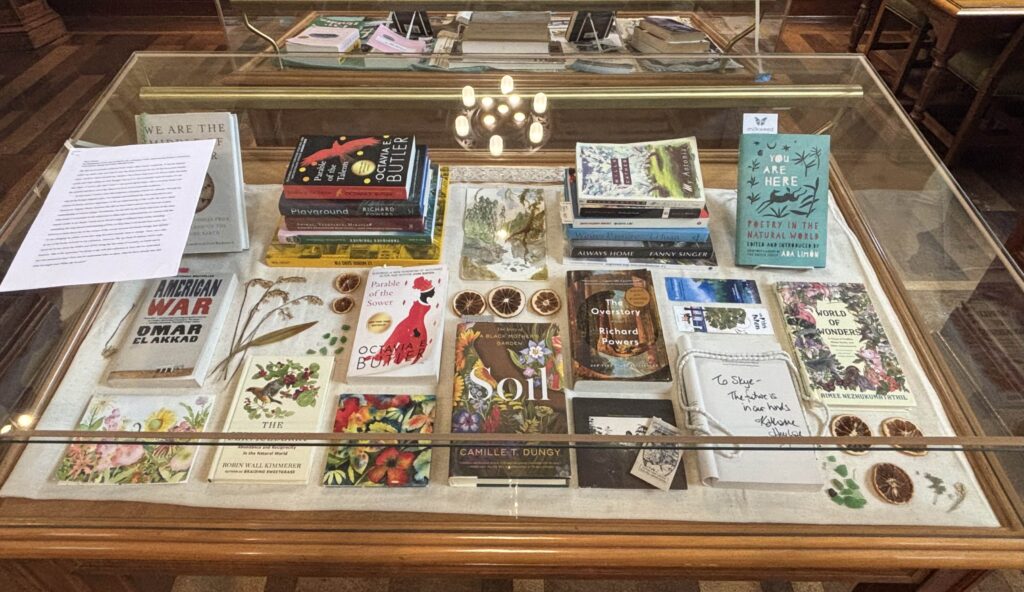Megan Chow ’23
Staff Writer
On Wednesday, Oct. 30, the Claremont Journal of Law and Public Policy hosted a panel with professors and students that sought to spark conversation and spread awareness regarding the ongoing Hong Kong Protests. The event boasted a huge turnout as audience members filled all available seats, while others stood in the back of the room. The panel consisted of three 5C professors: Terril Jones, visiting lecturer of government at Claremont McKenna, Tom Le, assistant professor of politics at Pomona and Hanzhang Liu, assistant professor of political studies at Pitzer. Students Agnes Mok PO ’21, Becky Zhang PO ’22 and Anna Choi PO ’23 were also panel members, with all three having experience researching the political climate in Hong Kong.
Ali Kapadia, the CJLPP’s Business Director, expressed the importance of having students on the panel alongside the professors.
“We wanted to highlight both professor and student voices in creating a productive conversation,” Kapadia said. “A joint conversation can often be more revealing and insightful since it gives more perspectives than might be typical.”
During this hour-long event, the professors covered topics ranging from the increase in pro-independence sentiment within protesters to the effects of the Hong Kong Human Rights and Democracy Act on US-China relations.
“It’s a more compelling story if it’s a smaller entity fighting a larger one looking independence—this is a narrative the United States would love,” Professor Le said. “But can this one entity have what the entire country doesn’t have?”
At the event, Jones touched upon the issue of increased political tensions in Hong Kong.
“There are people who are dressing up as protestors and students and attacking police to provoke violence from police,” Jones said. “That kind of misinformation is inflammatory and makes the situation worse.”
The event also covered questions regarding the importance of the Hong Kong Human Rights and Democracy Act and its effect of its passage on HK-China-US relations,
“We are at a critical juncture where US-China relations are tenuous,” Liu said. “Caution is always better than overreach. The CCP government hates losing face the most [and] if the United States pushes [against China], it’s not just Hong Kong that will be affected, but US-China relations will be at a stage beyond repair.”
Becky Zhang PO ’22 asked a question that was also shared by most of the audience at the event: “How can students and people of the US engage with and critically analyze the situation of Hong Kong through an appropriate lens?”
Similarly, through the online question submission, many students expressed that they were from mainland China and would like to support Hong Kong protests, but are unsure of how they can bring about the topic to their friends and family in China.
Anna Choi PO ’23 offered a more casual way to not only show support for the protests, but also create conversation about them.
“The great thing about America is that you can talk about Hong Kong in a less serious way,” Choi said. “For example, one can talk about the ban of NBA in China or how South Park’s 300th episode got banned in China [and how] the people who organized it had a very sarcastic apology. You could share that as a meme.”
Although, both Professors Le and Liu agreed that this topic should most definitely not be discussed through WeChat. WeChat, China’s most popular messaging app, is notorious for its lack of user privacy. Not only does the software condone the use of spyware, but users’ metadata can also be shared with Chinese authorities, allowing the government to use private messages as evidence for convictions.
Jones also expressed to the audience the significance of hosting such an event on campus and the large student turnout.
“By bringing together people who have stories to tell and people who want to hear those stories and use that to digest information and understand the situation themselves, [just as this panel is doing,] is a way to certainly spread understanding of the issue [despite] not being in Hong Kong,” he said.
Professor Liu urged students to continue to seek out opportunities to share and learn information on this topic.
“The one thing we can do is to have a conversation with whoever we can and just lay the facts on the ground,” Liu said. “It’s very easy to get accusatory in this kind of situation and understandably so. But it’s safe to say that trying to understand each other is very important.”
Image Credit: South China Morning Post





